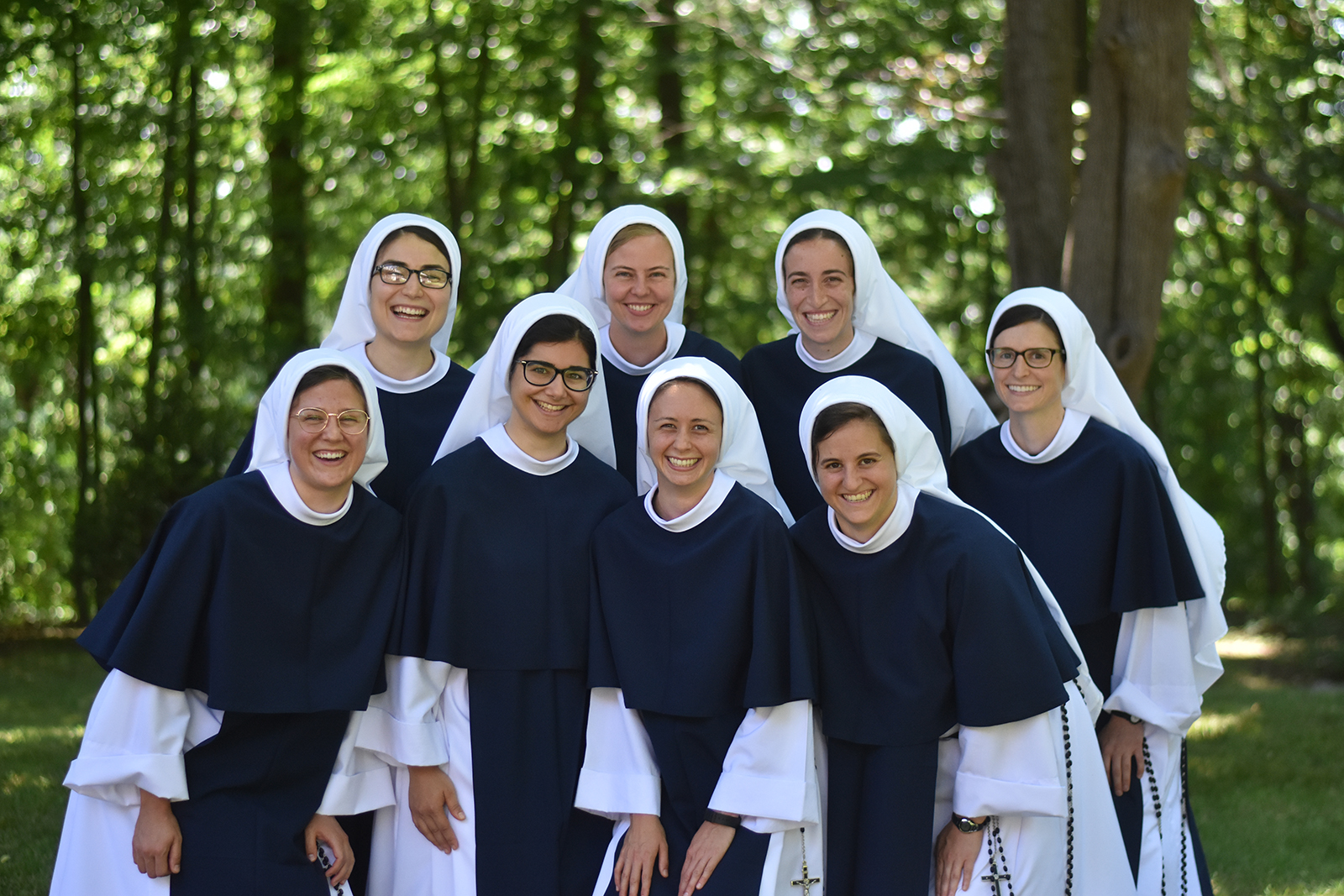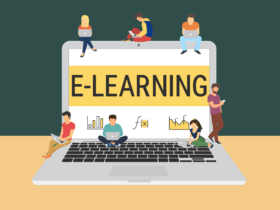In a recent examination, a team of researchers from Penn State’s College of Information Sciences and Technology discovered that developing laptop-supported collaborative learning (CSCL) environments should assist college students in finding commonplace characteristics and lifestyles stories they proportion with friends, that could build a network and boom the likelihood that students stay inside the program.
“The online world lacks social possibilities,” said Na Sun, a doctoral scholar at the College of IST and lead researcher. “Unlike face-to-face contact, it is tough to reach out to others when you can not see them. That type of presence and experience of the network may be essential.” To conduct their research, the crew recruited more than four hundred Penn State World Campus college students to sign up for an internet community they created through Slack Workspace. Then, they developed a chatbot to prompt discussion topics and facilitate user connections.
The chatbot asked customers to publicly percentage their responses to questions including “Where are you from?” and “What is a laugh fact you want your peers to know approximately you?”
The researchers also conducted pre-and put-up-study surveys with individuals and a control institution of online novices who no longer access the CSCL environment of Slack. They observed that students felt a significantly stronger degree of the network using the web platform than college students who did not use the CSCL. “Belongingness and well-being are crucial for humans to live a perfect life,” stated Sun. “Grades are just one part of gaining knowledge of the system. It’s also about the enjoyment and how students feel approximately it.”

The researchers determined two standard references after interviewing participants about peer connections they’d made online in small businesses, lessons, and with Penn State in fashionable. First, they decided that early, lightweight links are fashioned thru shared social identity, along with finding different college students within the equal profession, place, or circle of relatives status. They additionally determined that a few peer connections are fashioned and nurtured through steps that inexperienced persons take to vet and invite collaborators, consisting of team participants whose schedule and paintings ethic align with theirs—including reading their peers’ introductory posts to find proof of some initially shared affinity.
“If you don’t have something that connects you with every different, it makes it difficult to bond as a group ultimately; you are operating with strangers,” stated one participant. Others determined it is motivating to talk to individuals in similar existence ranges as themselves, balancing different responsibilities outside the schoolroom. “What stood out is that quite a few humans have jobs, have kids, ought to easy and prepare dinner and the whole lot,” said another player. “It’s like they ought to worry about a lot more, after which they may be in this class with me. If they can do it, I can do it.”
The researchers recommend that CSCL structures build and keep possibilities for peer connections of various sorts and strengths, from interactions with college students in their training, facilitating shared-identity networks,ando networking with fellow alums for career advice. Sun stated that opportunities like those ought to assist in improving retention quotes of college students for universities imparting online applications.
“When newcomers sense [connections as a result of] this social integration, it’s miles more likely that they’ll need to live [in the program],” she stated. “It’s essential for us to construct this social integration, not handiest on the teacher side but also on the era aspect. The entire atmosphere ought to work collectively for this belongingness for online learners to experience like they may be a part of the community and that human beings are assisting them.”
Xinying Wang, a postdoctoral scholar, and Mary Beth Rosson, professor of IST, collaborated with Sun on the mission, which became funded by Penn State’s Center for Online Innovation and the College of Information Sciences and Technology. Their paintings earned an honorable mention at the 2019 CHI Conference on Human Factors in Computing Systems. “That honor symbolizes the coolest quality of our college’s work in human-pc interaction,” stated Sun. “It gives us a great opportunity to preserve investigating community fostering.”














